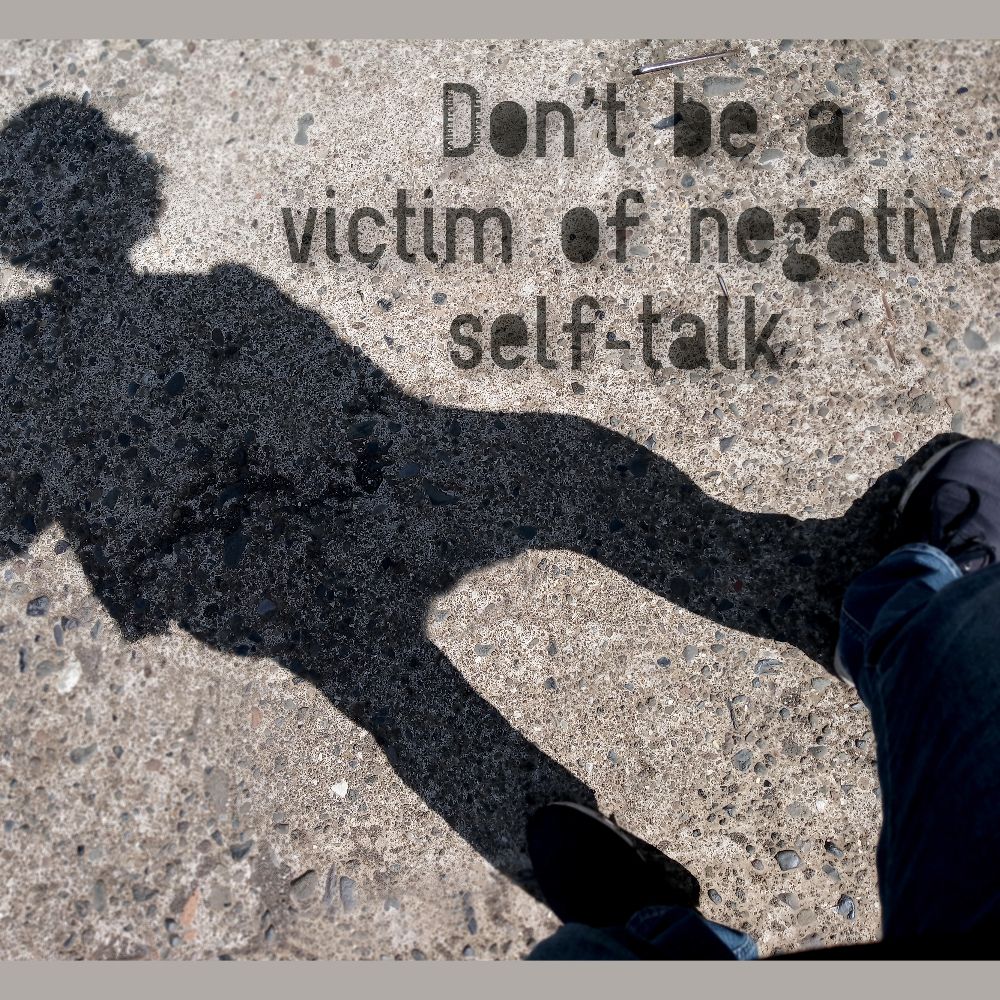Do you ever find yourself dreading your daily workout, convinced that you despise exercise? Or, do you look forward to breaking a sweat and relish the post-workout endorphin rush? The way we talk to ourselves about exercise plays a pivotal role in determining our attitude and motivation. It’s a fascinating aspect of human psychology — we believe the stories we tell ourselves. Let’s delve into the profound impact of self-talk on our relationship with exercise and how we can harness its potential for positive change.
The Stories We Tell Ourselves
Our inner dialogue is a continuous conversation we have with ourselves throughout the day. It’s like having a personal narrator, shaping our thoughts and emotions. When it comes to exercise, the narratives we create can either be empowering or limiting.
Negative self-talk often leads to resistance and avoidance. Phrases like, “I hate working out” or “Exercise is a chore” can become self-fulfilling prophecies. Our brains become wired to perceive exercise as a burdensome task, making it even harder to stay motivated.
Conversely, positive self-talk can change the game entirely. By reframing our internal dialogue, we can cultivate a sense of excitement and anticipation. Phrases like, “I look forward to how good I’ll feel after my workout” or “Exercise is a form of self-care” instill a sense of purpose and make us more likely to stick to our fitness routines.
The Science of Self-Talk
Psychology and neuroscience offer insight into the power of self-talk. Our brains don’t just process words; they respond to the emotional content behind them. When we use positive language related to exercise, it triggers the release of feel-good chemicals, such as dopamine. This can lead to a genuinely positive experience during and after your workout.
Additionally, self-talk shapes our self-image and identity. If you constantly tell yourself you’re not an exerciser, you’ll struggle to adopt an active lifestyle. On the other hand, by affirming that you are someone who enjoys physical activity and its benefits, you’re more likely to embrace it as part of your life.
Changing the Narrative
If you’ve found yourself trapped in a cycle of negative self-talk about exercise, it’s time to rewrite your fitness story. Here are some steps to help you change the narrative:
1. Awareness:
Start by tuning into your internal dialogue. What phrases do you use when discussing exercise with yourself or others? Are they mostly negative or positive? Understanding your current self-talk is the first step toward change.
2. Challenge Negative Beliefs:
When you catch yourself using negative language, challenge those beliefs. Replace “I hate exercising” with “I may not love it now, but I’m open to finding enjoyment in physical activity.” This subtle shift can open the door to a more positive attitude.
3. Set Positive Intentions:
Before each workout, set a positive intention. Remind yourself why you’re exercising – whether it’s for health, stress relief, or simply to feel great. Focusing on the ‘why’ can make the ‘how’ more enjoyable.
4. Self-Compassion:
Be kind to yourself on your fitness journey. Acknowledge that progress is not always linear, and setbacks are normal. Instead of berating yourself, use constructive self-talk to motivate and support yourself.
5. Celebrate Small Wins:
Recognize and celebrate your accomplishments, no matter how small. Positive reinforcement can reinforce your new, empowering narrative.
Conclusion
The stories we tell ourselves have a profound impact on our relationship with exercise and, by extension, our overall well-being. By consciously choosing positive self-talk, we can transform our attitude towards fitness and make it an integral part of our lives. Remember, you have the power to shape your reality, one word and thought at a time. So, start telling yourself a story of self-care, strength, and the joy of movement, and watch your attitude towards exercise evolve into something you look forward to.






